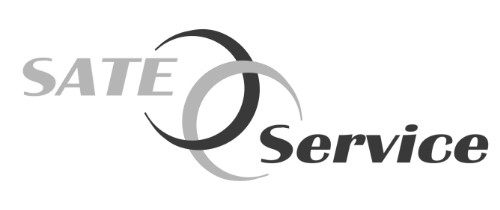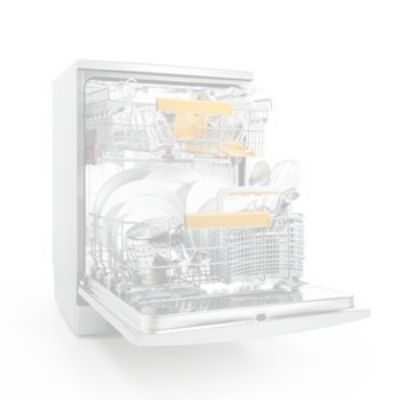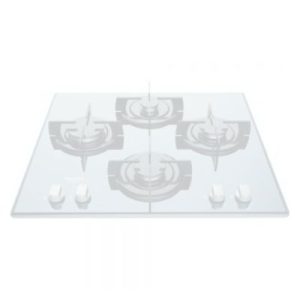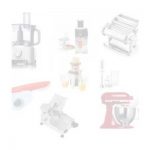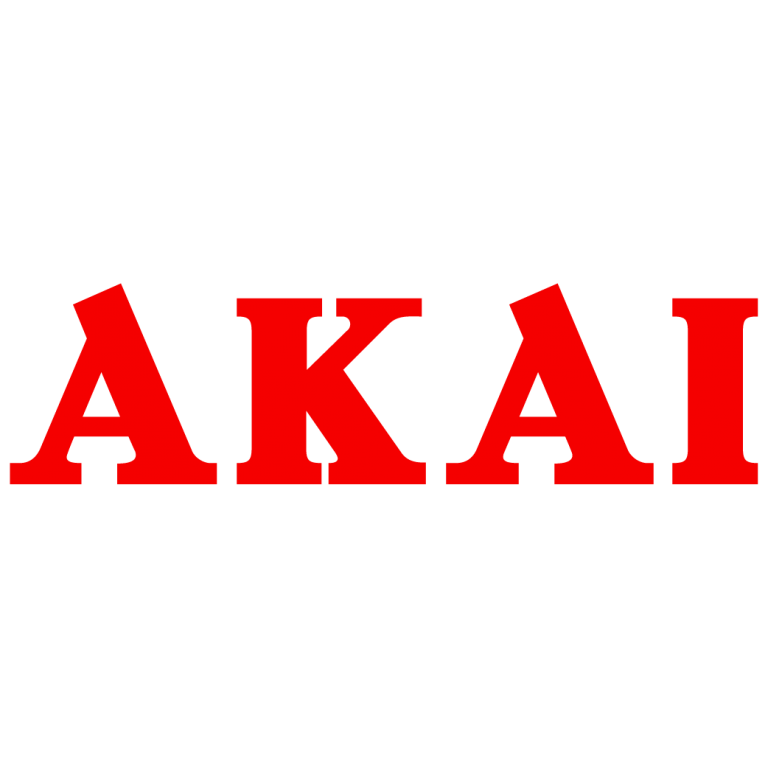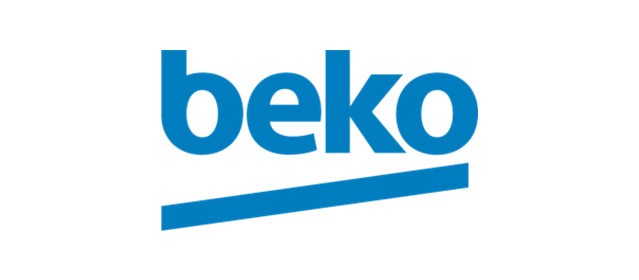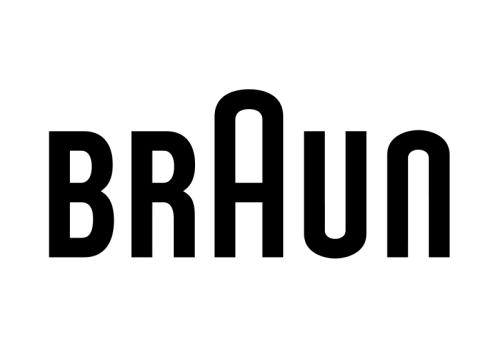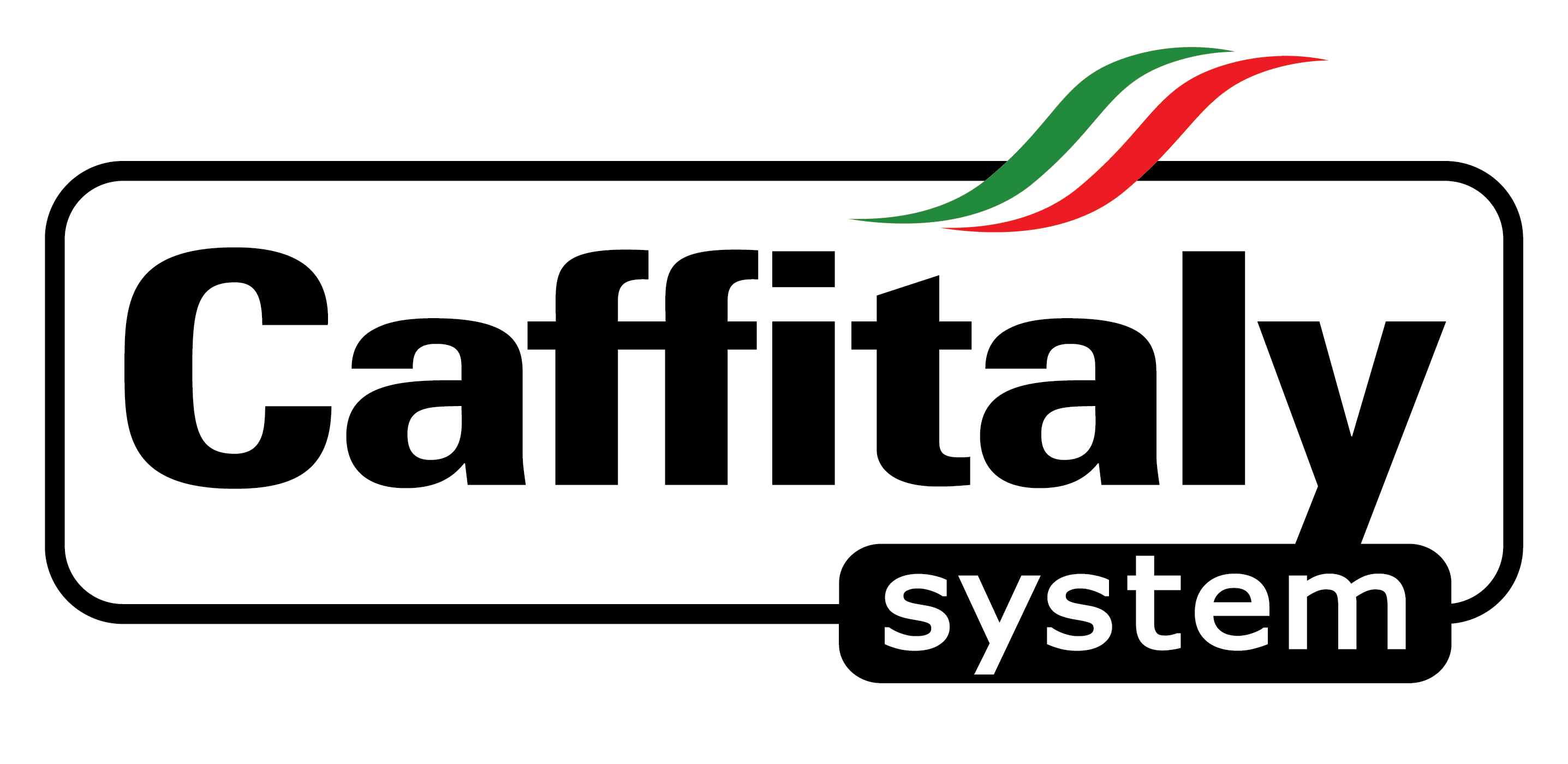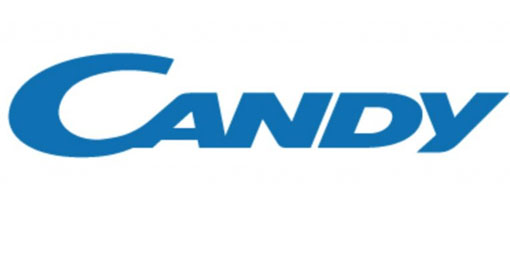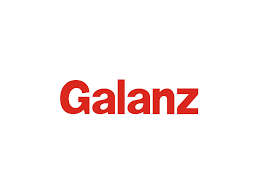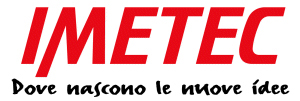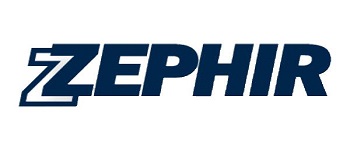How to Choose a Virtual Data Room Provider
A virtual data room provider allows companies to share confidential information with third party online. This kind of software can be used in a variety of business situations but is mostly employed during M&A due-diligence. It can also be used in legal proceedings and real estate transactions. It like it post about ideals data room software can assist a business streamline its internal communications with shareholders and investors or manage intellectual property assets.
When selecting when choosing a VDR you should consider security features like granular permissions and restrictions on printing and downloading, expiration of documents and more. Look for industry certifications too. Be sure to consider whether the VDR provides APIs or integrations that allow seamless access to existing websites and workflows. Also, look for user-friendly features that make navigation for users easier with intuitive interfaces as well as bulk uploads, indexing, and multilingual access.
After you've narrowed your options down and have scheduled demos with each vendor in order to experience their software in action. Ask questions about pricing, and focus on the features relevant to your specific use. A reputable company will give you the possibility of modifying the pricing plan to ensure that it is in line with your requirements and budget. Look up third-party reviews from sites such as Trustpilot, Software Advice and Glassdoor. You are also able to read the opinions of employees posted on Glassdoor. This will give you a better idea of the vendor's effectiveness and ethics. Select a vendor that provides an opportunity to test the software before you commit.
